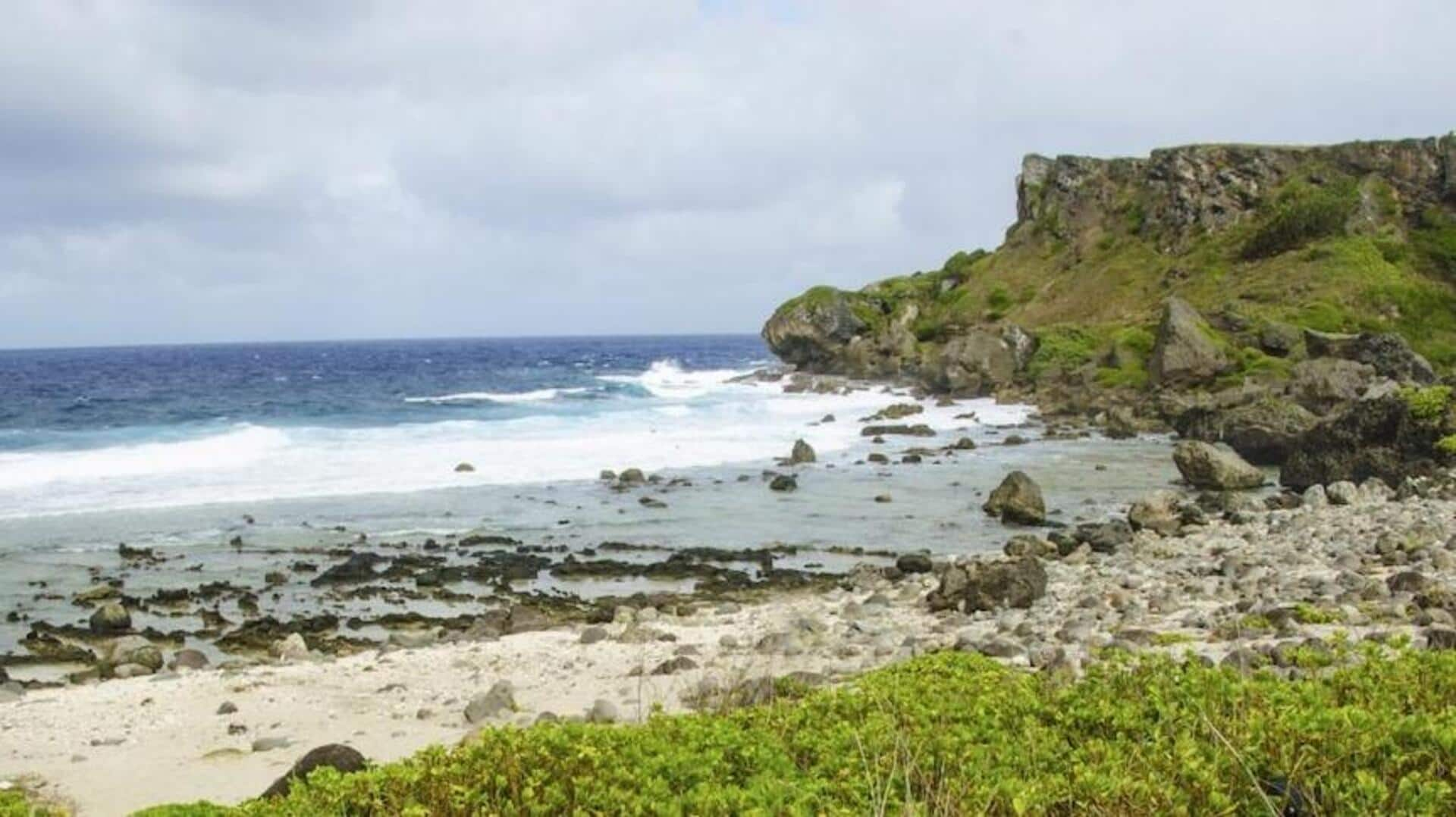
Why Julian Assange pleaded guilty in remote US court?
What's the story
In an unexpected turn of events, Julian Assange, the founder of WikiLeaks, pleaded guilty to a felony count pertaining to publishing classified US military information. The plea was made in a court located in Saipan, the capital of the Northern Mariana Islands. This remote Pacific archipelago was chosen for its proximity to Assange's native Australia, and due to his reluctance to travel to mainland US.
Location
What's special about Northern Mariana Islands?
For those wanting to be in a US District Court, far from the continental US but close to Australia, the Northern Mariana Islands is a good choice. Similar to Puerto Rico, the Northern Mariana Islands is a part of the US without the full status of a state. Its residents are US citizens but are unable to vote in presidential elections. However, some of its islands, like Saipan, also have US district courts.
Release secured
Assange's plea deal ensures release, ends legal battle
Assange's guilty plea is part of an agreement with the Justice Department that guarantees his release, effectively ending a long-standing legal battle. During the proceedings, Assange stated "Guilty to the information," adding humorously that his satisfaction "depends on the outcome of the hearing." The deal also permits him to avoid serving time in an American prison.
Homeward bound
Assange to return home following release
Following his release, Assange is set to return to Canberra, Australia, as per a statement from WikiLeaks. His plea deal is expected to facilitate his journey back home. Prior to his legal battles, Assange had spent years in the Ecuadorian Embassy in London, and later in a high-security British prison while resisting extradition to the US.
Controversial publications
Assange's WikiLeaks activities sparked global controversy
During his tenure at WikiLeaks, Assange published numerous classified documents that ignited global controversy and led to his legal troubles. These included a video of a 2007 US helicopter attack in Baghdad resulting in twelve deaths, and over 91,000 confidential US military reports on the Afghanistan war. Around 400,000 classified files detailing the Iraq war from 2004-2009, and thousands of frank US diplomatic cables assessing foreign leaders and security threats, were also disclosed.
Espionage admission
Assange acknowledges violation of US espionage law
Assange was released by a court in Saipan after admitting to violating US espionage law. During the hearing, he stated, "Working as a journalist I encouraged my source to provide information that was said to be classified in order to publish that information." He acknowledged his belief that the First Amendment protected his actions but accepted it as a violation of the espionage statute.
Government support
Assange's return to Australia facilitated by government advocacy
Assange departed Saipan on a private plane, accompanied by Australia's ambassadors to the US and UK. The Australian government has been advocating for his release and also raised the issue with the US multiple times. "This isn't something that has happened in the last 24 hours," Prime Minister Anthony Albanese stated at a news conference, emphasizing that Assange's release was a result of careful and patient negotiation.